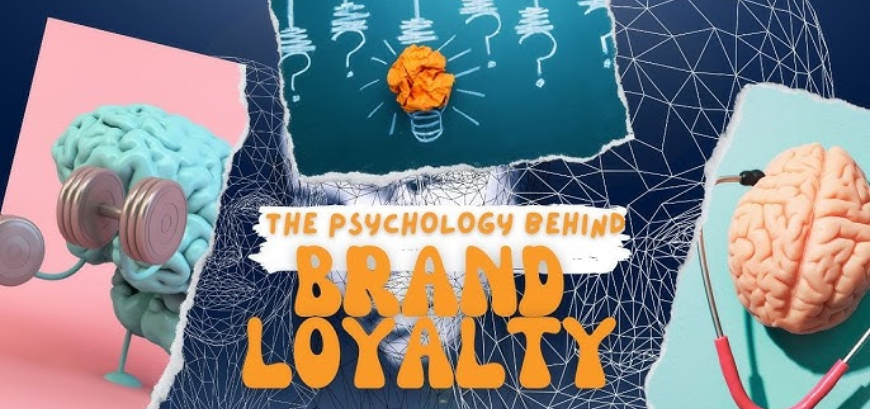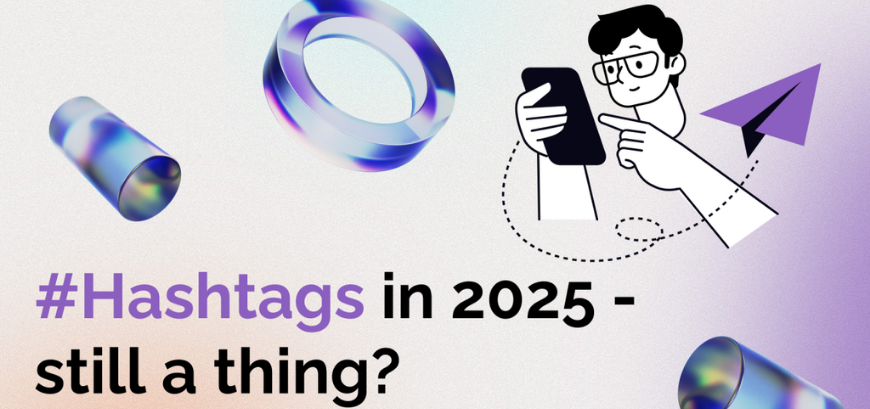Building brand loyalty is similar to maintaining a long-term relationship in the brutally competitive world of marketing. It goes beyond relationships that are transactional and gets into the complicated world of human psychology. Understanding the psychology of brand loyalty is a science that skilled marketers use to build lasting relationships with their customers.
People refer to the continuous choice of buying from the same brand over time as brand loyalty. It is an important resource for businesses since it can result in improved sales, lower marketing expenses, and a more stable consumer base.
Table of Contents
Trust And Emotion Are the Foundations of Brand Loyalty.
Trust and emotion are at the root of brand loyalty. Consumers are more likely to stick with a brand they trust and identify with emotionally. This emotional connection is frequently the result of consistent pleasant experiences, a connection with the brand’s values, and a belief in the brand as trustworthy and transparent.
Numerous Elements Have the Potential to Impact Brand Loyalty.
The Power of Consistency
Consistency builds brand loyalty. Brands that keep their messaging, quality, and customer experience consistent are more likely to gain and keep loyal customers. This consistency creates a sense of dependability and comfort, giving consumers the impression that they know what they’ll get from the brand.
Emotional Resonance: Making Lasting Memories
Emotions are important in building brand loyalty. Successful brands know how to create good feelings in their customers. Memorable interactions, storytelling, and a belief that the business understands and values the sentiments and desires of its customers frequently associate these emotions.
The Role of Cognitive Biases
When it comes to brand loyalty, cognitive biases such as confirmation bias and choice-supportive bias come into play. Confirmation bias causes consumers to seek information that confirms their existing positive experiences with a brand. Choice-supportive bias causes them to remember their decisions (such as selecting a specific brand) with greater approval than they might’ve had.
Influence of Social Proof and FOMO
Fear of missing out (FOMO) and social proof are psychological triggers that drive brand loyalty. Consumers are more willing to be interested in being a member of a group that shows others promoting and appreciating a brand. To promote trust and reliability, brands frequently use customer testimonials, reviews, and user-generated stuff.
Personalization and the Sense of Belonging
Personalization is another psychological strategy for increasing brand loyalty. A sense of belonging and uniqueness develops when a company molds its goods, recommendations, and messages to individual tastes. Customers value the feeling that the brand knows them personally.
The Role of Rewards and Loyalty Programs
The psychological idea of cooperation is used in reward systems and loyalty efforts. When a brand provides prizes, discounts, or exclusive access to loyal customers, it creates a sense of responsibility to repay what was given by being loyal to the brand.
Finally, companies can make use of the recency concept. According to this theory, people are more willing to remember recent events. This means that companies must ensure that their marketing messages are seen by customers on a regular basis. They can achieve this through a variety of methods, including advertising, social media, and email marketing.
By understanding the psychology behind brand loyalty, businesses can develop marketing strategies that are more likely to create and sustain loyalty among their customers. This can lead to increased sales, decreased marketing costs, and a more stable customer base.
Here are some specific tips for using psychology to develop brand loyalty:
- Create a strong brand identity. Consistency in brand identity should be maintained across all your marketing channels. This will assist customers in developing a clear and positive image of your brand.
- Deliver on your promises. When you make a promise to your customers, make sure that you keep it. This will build trust and credibility, which are essential for brand loyalty.
- Personalize your marketing. The more personal you can make your marketing communications, the more likely they are to connect with your customers. This could include referencing their name, location, or hobbies in your messages.
- Simplify the process for customers to engage with your business. Clients are more likely to become loyal clients if they find it easy to do business with you. Offering a convenient shopping experience, clear and concise pricing, or good customer service could be examples of this.
- Reward your loyal customers. Show your appreciation for your loyal customers by offering them rewards such as discounts, loyalty programs, or exclusive content. This gesture will instill a sense of appreciation in them, fostering their inclination to maintain a business relationship with you.
Conclusion
Understanding the psychology of brand loyalty is a vital asset in the fast-paced world of marketing. Building trust, generating good emotions, utilizing cognitive biases, and providing tailored experiences are all essential components of maintaining the loyalty loop. Brands may develop long-lasting connections that endure the test of time and competition by investing in these psychological methods. In basic terms, it’s not just about selling a product or service; it’s about building long-term relationships.
Seeking an Outcome-Oriented Digital Marketing Firm?
Altis Infonet Pvt Ltd is a Web Development and Digital Marketing company with a focus on client servicing through knowledge-based solutions. Our team of experts will help make your digital dreams come true!





